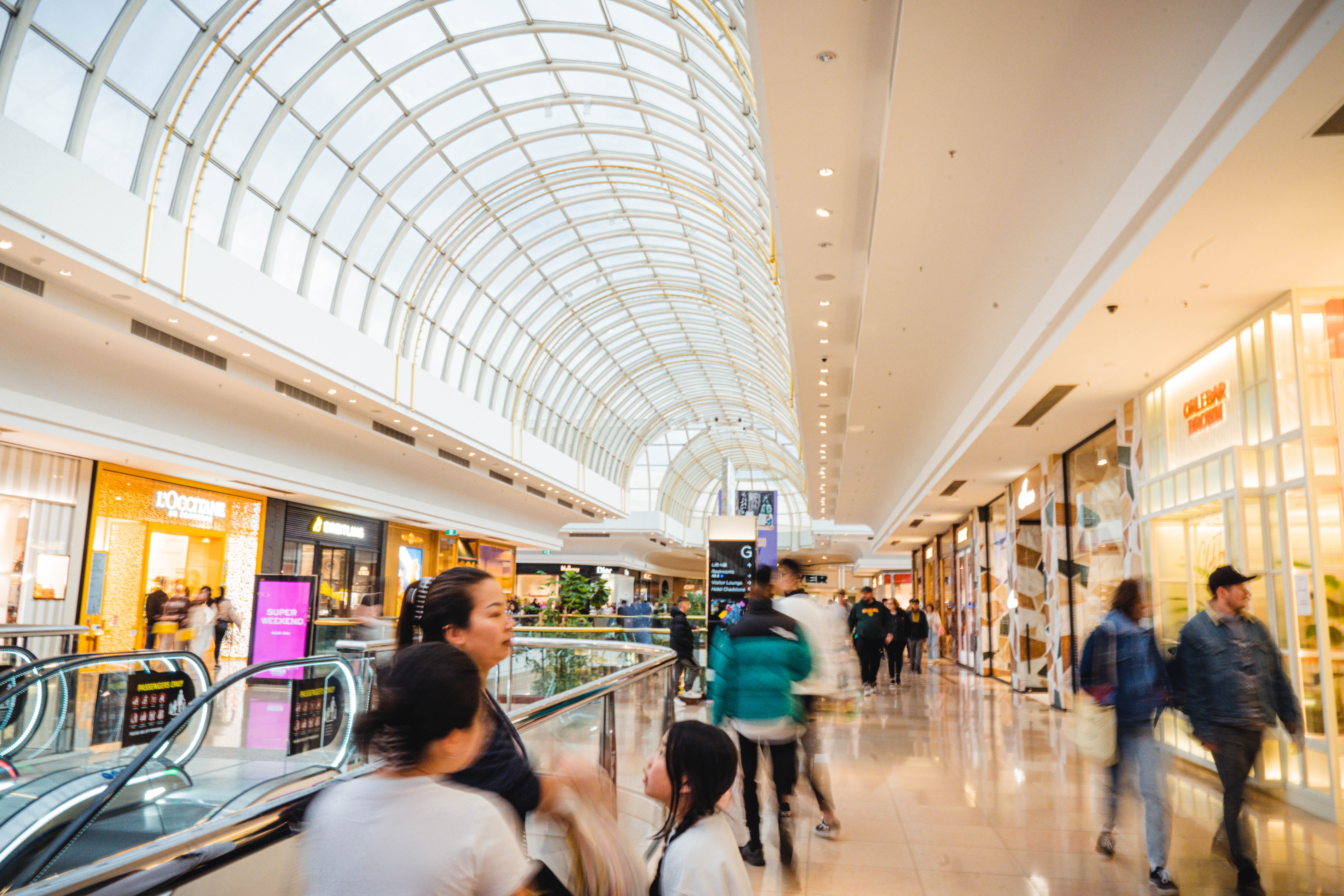
We know that POS systems have advanced beyond just processing customer payments. No longer are we anchored to a fixed till for transactions. This seems especially important during vacation season.
When travelers are sitting in a sports stadium or standing in line to board for a music festival, are you offering them the convenience of purchasing food and drinks or more tickets to other entertainment? What about airline customers who want to check their connections to another flight?
Traveling consumers have a certain standard of expectations. Therefore, retailers must now operate in a POS ecosystem built with technological enhancements in tune with summer fun.
But if the technology surrounding your POS system is incompatible, you could be wasting time and money and jeopardizing your customer’s experience during their time of relaxation. POS systems need to be seamless. When they are not, glitches occur, and time is lost.
Think of how common “Frankenstein” IT systems are in the workplace. Legacy systems don’t integrate with upgrades, standalone systems operate independently of ERP (enterprise resource planning) systems, and we often experience unforeseen issues when systems are not properly integrated together. The same goes for many POS systems.
The ideal POS system is at the center of an ecosystem that connects the whole enterprise. So what are the most important pieces of the system?
Tech Capabilities On the Go
What do you need for your POS to accomplish seamless integration with other tools in your tech stack? Ultimately, the mission is to maximize profitability and become an invaluable resource that delivers a meaningful customer experience, no matter where they are. Tactically, you need tech that will:
- Synchronize 100% of all business data in real-time (products, inventory, customer information, store location) with (or within) your POS system.
- Support associates transfer stock between store and warehouse locations across all locations.
- Enable staff in your stores to create orders for out-of-stock items.
- Integrate customer loyalty programs.
- Personalize shopping preferences.
- Seamlessly bring together online and in-store experience and transactions.
- Act as a one-stop solution for managing everything from restaurant orders to delivering a new car to the customer’s house
These are types of actions your POS system should be able perform today. As consumer expectations continue to evolve, businesses will have to make sure they can accommodate the functionalities needed for the best customer experience. With gas prices soaring and people investing time and money for a vacation, it is essential to ensure that when they are away from home, transacting of their experiences is seamless.
Mobile POS
Mobile POS frees up not just your in-store teams but serves a better customer experience that we could only have imagined not so long ago. People on vacation are especially aware of their valuable time and convenience. Small to medium-sized businesses like fishing or scuba excursions can benefit from upselling merchandise, bait, or longer time on the water with a mobile POS.
Financesonline reports, “Aside from providing considerable convenience, mobile POS systems offer unparalleled access to a vast array of consumer information that can be transformed into actionable insights using AI and analytics.”
The best mobile POS platforms now offer product catalogs, inventory management, and advanced sales reports, and that’s just the beginning. Through mobile POS systems, retailers can order and manage inventory, schedule and track deliveries, and conduct sales transactions in a single mobile solution.
How often have you been away on vacation and ordered a particular item to be shipped home? It is essential to do so with the confidence that it will be there when you arrive.
The following statistics compiled by Statista tell the story of mobile POS impact on business and consumer habits in the United States:
- Transaction value in the Mobile POS payments segment is projected to reach $2.98 trillion in 2022.
- Transaction value is expected to show an annual growth rate (CAGR 2022-2026) of 15.47% resulting in a projected total amount of $5.29 trillion by 2026.
- In the Mobile POS Payments segment, the number of users is expected to amount to nearly 2 billion users by 2026.
- The average transaction value per user in the Mobile POS payments segment is expected to amount to $1.85k in 2022.
And, as mobile phone capabilities evolve, so too will their marriage to POS systems.
E-commerce
E-commerce exploded through the pandemic, with new companies sprouting and traditional brands cultivating whole new audiences. People getting ready for summer travel will order everything from bathing suits to booking rental cars. Consumer Reports, among many other publications, reported on the lack of rental car availability. You do not want to be labeled unreliable if you are in this space or any market. The article said, “You might have heard about a rental car shortage that’s leaving many travelers in the lurch or causing them to pay high prices. It’s only getting worse as travel booms while cars are generally scarce because of a global chip shortage that has disrupted auto production.” Make sure you are on top of the supply chain to ensure that you can deliver when customers are ready to buy.
Demand for digital goods and services is forcing payments companies to evolve their business models. In their 2021 POS Retail Customer Engagement Report, retail management consulting firm RCP found that “85% of Retailers say growing/enhancing digital commerce is their top business priority.”
POS providers are updating their systems to allow retail business owners to set up their own e-commerce store with their existing product inventory. The latest of these functionalities are designed to be user-friendly.
This empowers businesses to sell their products in-store, online, and in realms like pop-up stores using a unified and streamlined POS system. Small to medium businesses can especially benefit from this flexibility and ease of use.
Cloud capabilities
In our regular work lives, we’ve all embraced the power of cloud computing. This is rapidly impacting the POS world too. For example, travelers expect data security with their personal information, and your POS system can deliver that via cloud capabilities.
Businesses understand the power of replacing the traditional retail POS system with a cloud-based system. According to another report by Retail Consulting Partners, 52% of corporate organizations are already using cloud-based POS, while 40% more are planning to adopt cloud-based POS systems (Retail Consulting Partners, 2020).
With the ongoing migration to cloud computing, your POS systems can act as enterprise ecosystems enabling a 360-degree customer experience. As a result, businesses can accommodate opening new store locations, product lines, and sales channels with little to no limitations.
Since cloud-based systems are not tied to specific hardware in just one location, a cloud-based retail POS solution provides greater mobility and agility for businesses.
Find the right POS to anchor your ecosystem
The POS space is complex. As it rapidly evolves and adapts to new consumer habits and “new norms” of shopping, dining, traveling and purchasing in just about every consumer space, coordinating the layers of tech within each transaction is crucial. And with a busy summer getting underway, make sure you leverage the power of a POS system with the ability to deliver much of the functionality needed to grow beyond traditional consumer needs.
Are you interested in learning more about Ingenico’s platform-based approach? Get in touch!
Ryan Ahern is Head of Retail Solutions & Support at Ingenico, North America
Photo by Opollo Photography on Unsplash










